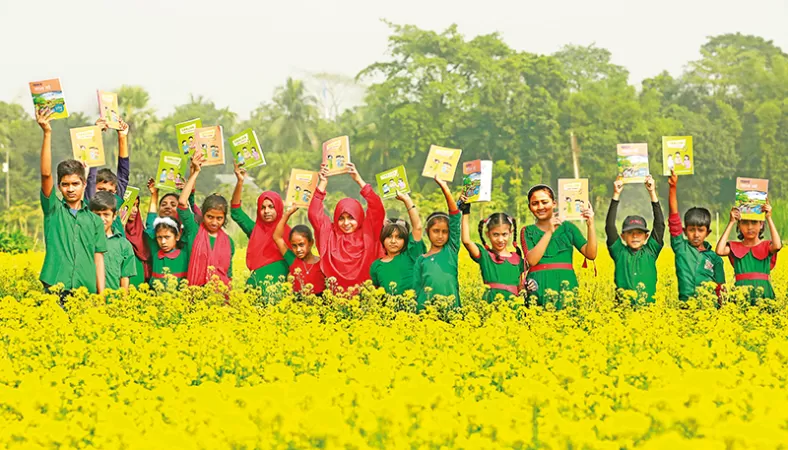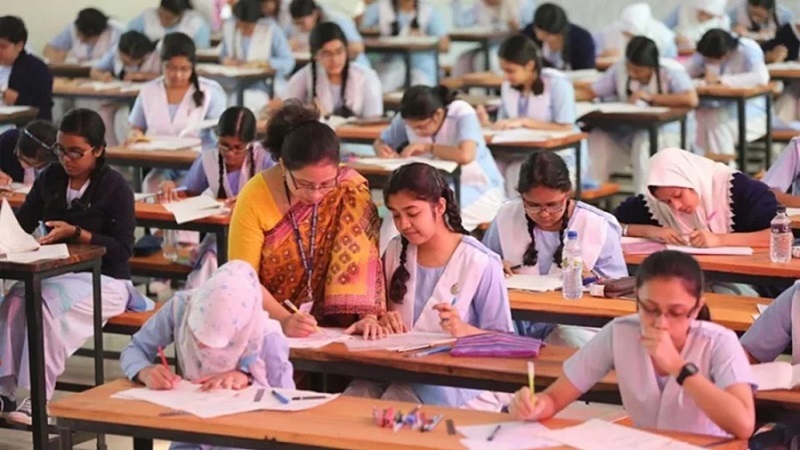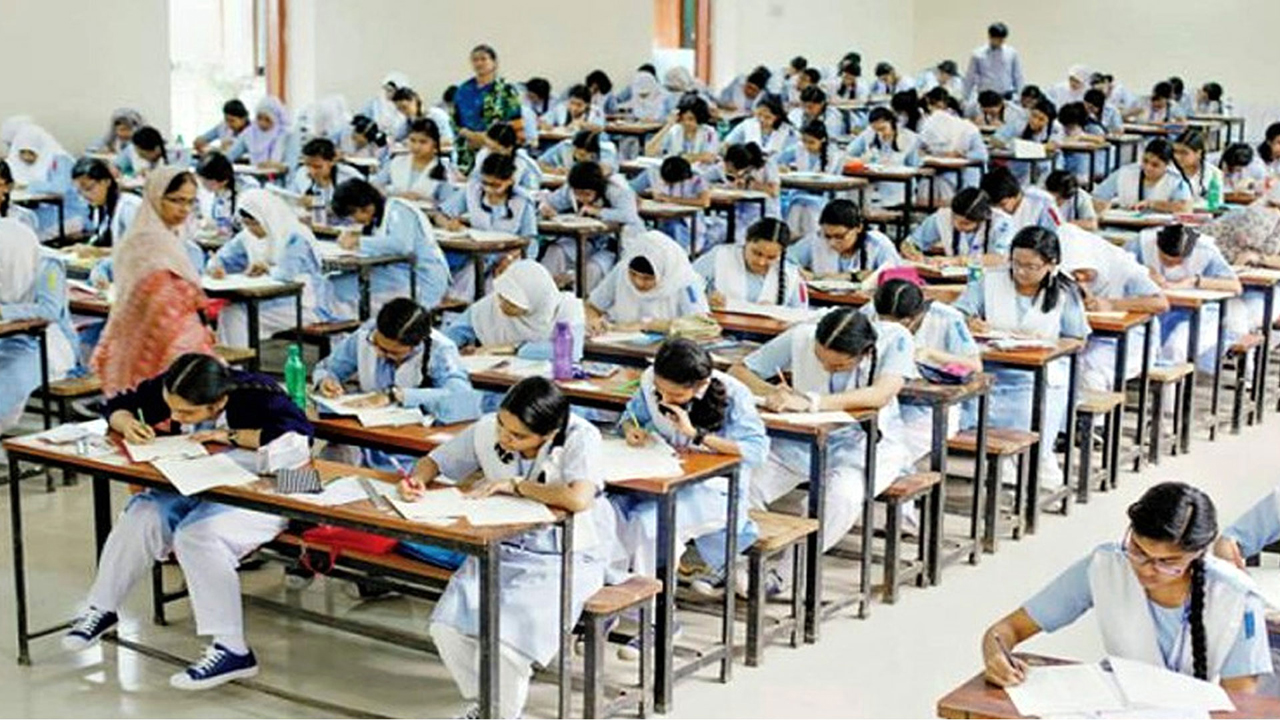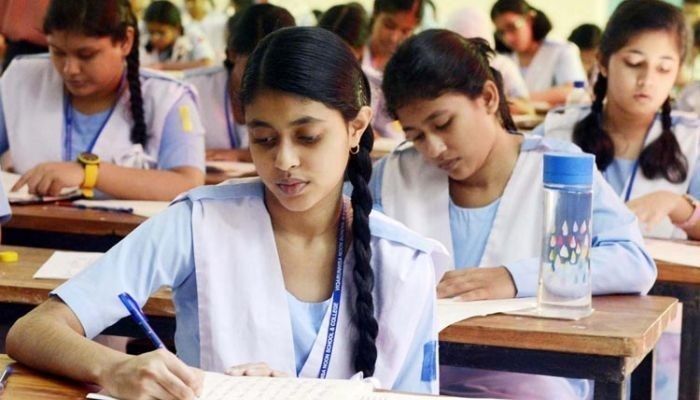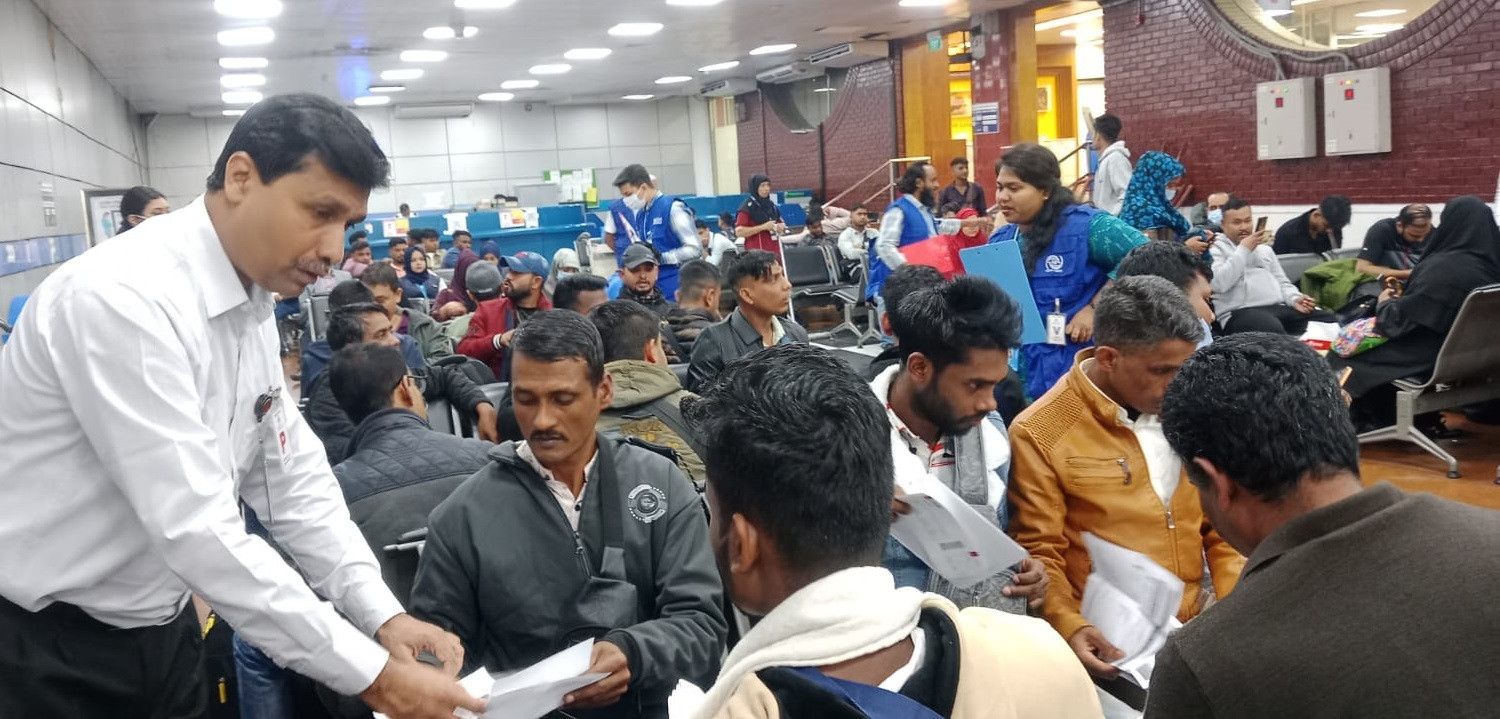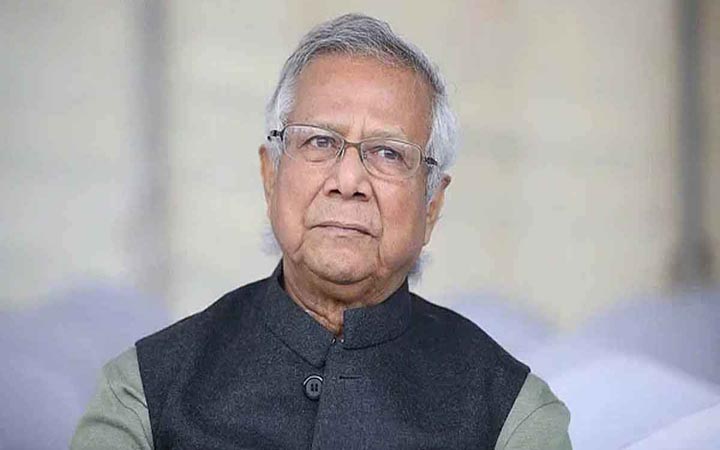Publishers have increased the prices of all kinds of books by 27 per cent as the costs of all materials --from paper to ink-- have gone up sharply in the country, dealing a fresh blow to students.
After analysing the existing book market, Bangladesh Publishers and Booksellers Association (BAPUS) at a recent meeting took the decision in this regard due to high prices of everything relating to book printing.
“We have decided to increase the book prices by 27 per cent analysing the overall situation in a bid to retain our service (business),” said BAPUS Vice President Shyamal Paul.
Talking to The Business Post, he also said the new book prices will come into effect from January 12 across the country.
Publishers claimed that they did not raise book prices in recent years. Even they reduced book prices up to 47 per cent in 2019 after analysing the book market, they said.
At present, according to them, publishers cannot keep the book business running due to skyrocketing prices of all necessary instruments to print books so that they raised the book prices.
Meanwhile, the prices of class XI books for the 2022-2023 academic year are likely to go up by 15 per cent, considering the high price of paper.
According to National Curriculum and Textbook Board (NCTB), they have finalised the scripts of four books---Bangla, English, ISCT and Bangla sahaj path--for class XI of 2022-23 academic year.
The tendering process of printing four NCTB books for class XI will be finalised by January 18 before classes of class XI start from March 2.
Publishers demanded price hike of four NCTB books up to 50 per cent but NCTB is mulling increasing prices up to 15 per cent, NCTB sources said.
NCTB Chairman Prof Md Farhadul Islam said, “Due to the increase in the paper price this year, it has been decided to slightly push up the prices of class XI books.”
He also said the publishers called for increasing it by 50 per cent but it was not taken into consideration. The prices of these books will be increased considering the market conditions so that it cannot put pressure on the parents.
NCTB sources said they will print around 45 lakh books of four subjects for class XI this year and accordingly, over 10 lakh books will be printed each.
NCTB will earn about Tk5 crore for the books and the money will be deposited with the government’s exchequer.
On the other hand, the prices of stationery items and education materials have already gone up significantly over the last year (2022), putting the guardians, struggling to cope with soaring prices of essentials, in a tight corner.
The new prices will now come as a fresh blow to the guardians, especially the parents of students from coronavirus-affected families and book readers, said insiders.
According to the latest Unesco Global Education Monitoring Report-2022, 71 per cent of the total costs of education in Bangladesh are covered by households.
The report mentioned that despite great progress in access to education in South Asia, investment in education by states remains insufficient.
Except for Bhutan, no other country in South Asia has ever spent anywhere near 15 per cent of total government spending or 4 per cent of gross domestic product (GDP) on the education sector.
The report also stated that families take loans to meet education expenses. About 12 per cent of households in South Asia save and 6 per cent borrow to pay school fees.
About one-third of families in Bangladesh take loans to cover the cost of studying at private polytechnics, it said.
Ziaul Kabir Dulu, president of Obhibhabok Oikya Forum, told The Business Post that, “All the guardians having limited income are struggling to buy education materials due to a 30-50 per cent rise in their prices.”
He said guardians now get frustrated and they would be forced to cut educational expenses for their children amid soaring prices of all commodities in the market.
“We are worried about our children’s future,” he said urging the government to strictly monitoring the market and keeping book prices affordable for the guardians.
Several guardians said they are paying 30-50 per cent higher than what they used to pay previous times for school supplies such as notebooks, exercise books, pens, pencils, calculators and geometry boxes.
The rise in such out-of-pocket expenses comes at a time when soaring inflation is affecting every aspect of life, they said.


